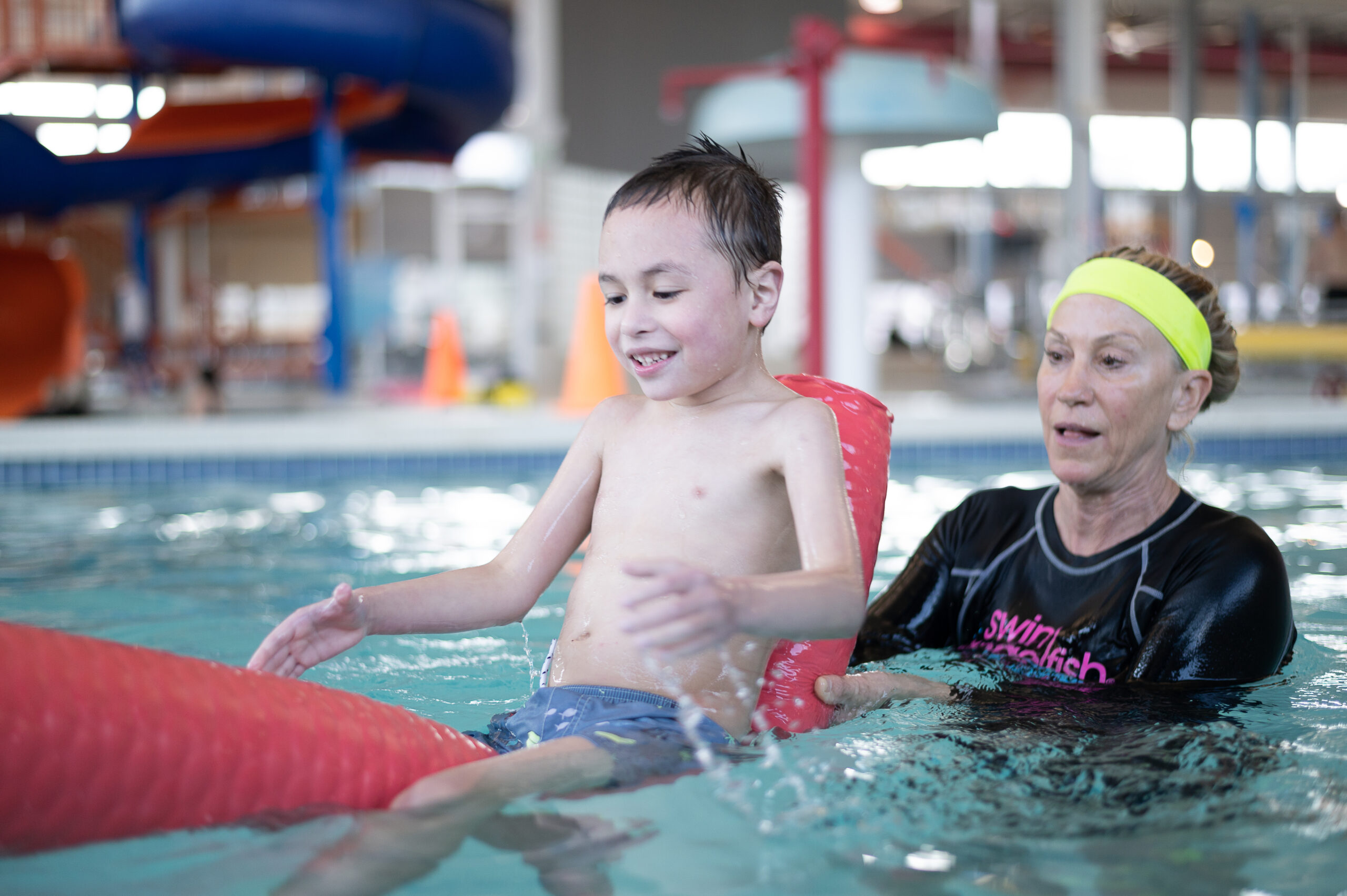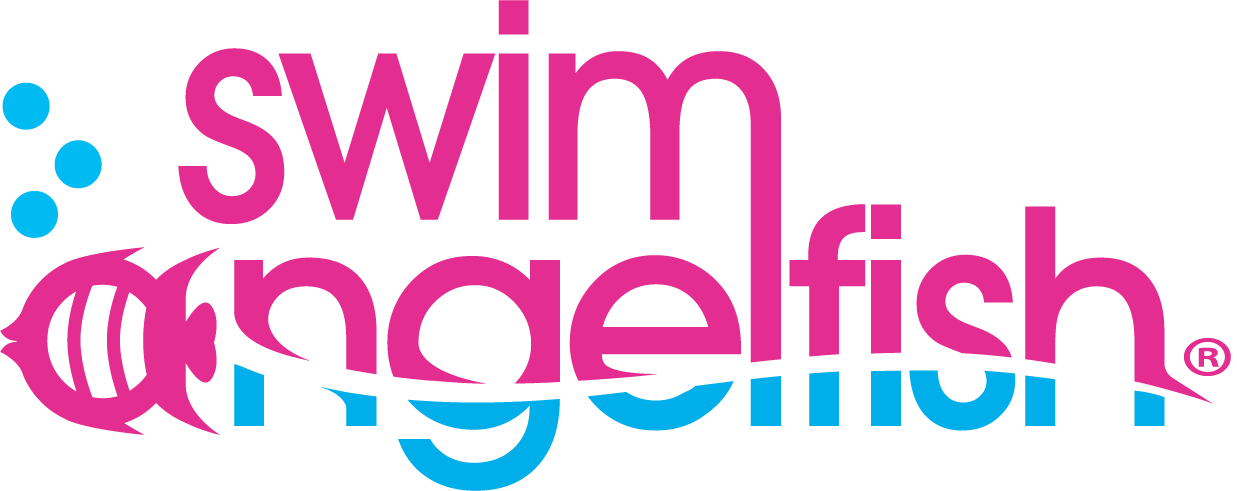Everything You Need to Know About Pediatric Aquatic Therapy
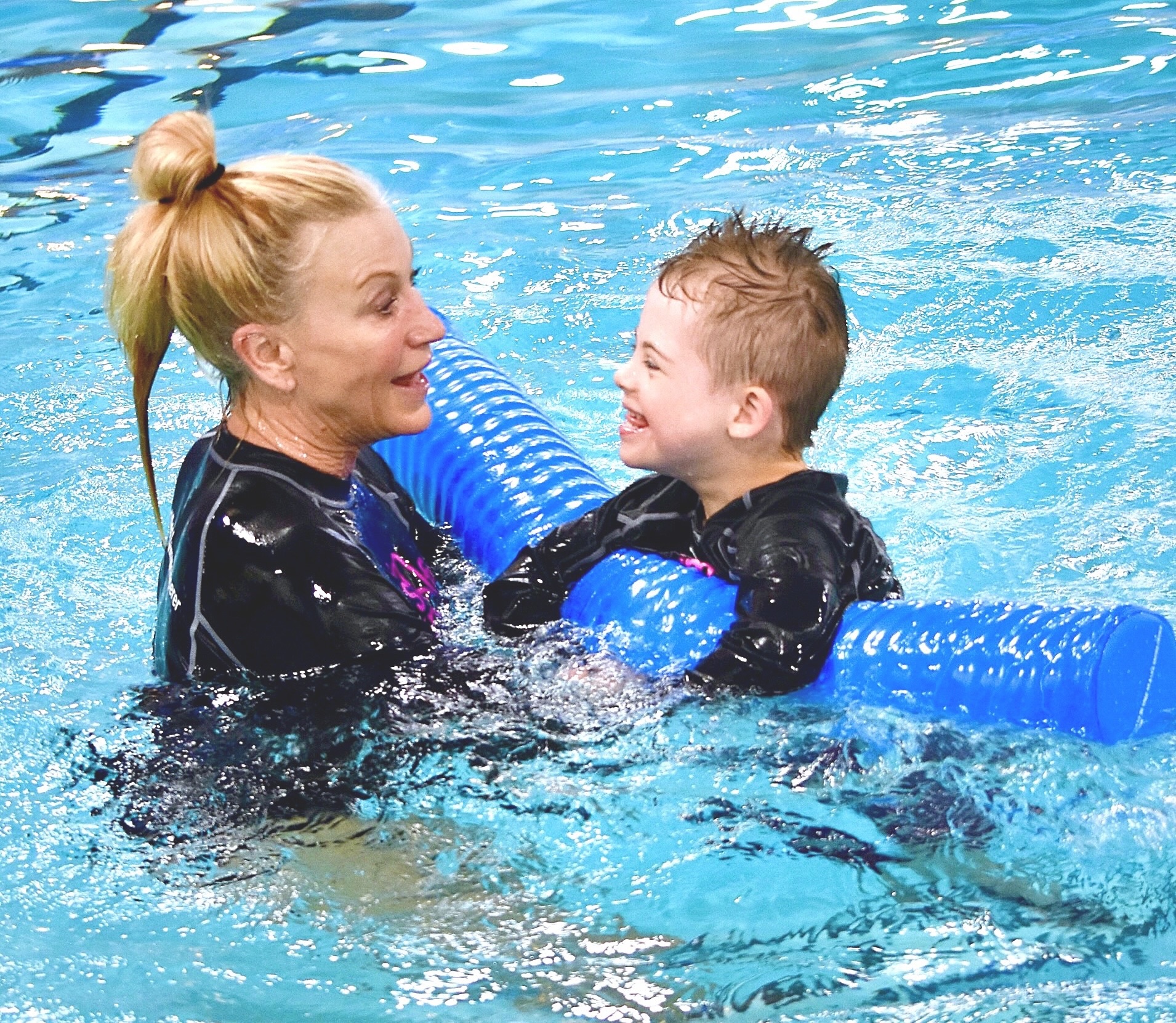
What is aquatic therapy and how does it work for the pediatric population? Most children with special needs will benefit from aquatic therapy. The therapeutic qualities of water are a wonderful alternative to or can complement traditional therapies for a variety of diagnoses including Autism, Down Syndrome, Cerebral Palsy and any sensory-motor challenges. We share some of the reasons why you might expand your child’s services to include Aquatic Occupational, Physical and Recreation Therapy.
What exactly is Aquatic Therapy? We like to think of this as a method of purposeful exercises and treatment progressions in the water targeting specific muscle groups. It can support rehabilitation, physical activity, strength, self-regulation, respiration, oral motor skills, sensory integration goals and so much more. Sounds ideal, right?
Aquatic therapy is provided by specially trained aquatic professionals such as aquatic physical therapists, aquatic occupational therapists and aquatic recreational therapists who develop tailored plans to meet a client’s therapy goals. It complements land-based therapy using specific handling techniques for strengthening, balance reactions, relaxation and sensory integration, combined with the magical properties of the water to transform your treatment. In the water, gravity is virtually eliminated so that people with physical disabilities are able to move more freely. The hydrostatic pressure of the water provides the deep pressure that many individuals with sensory issues are seeking. So, how do you know if it’s right for your child?
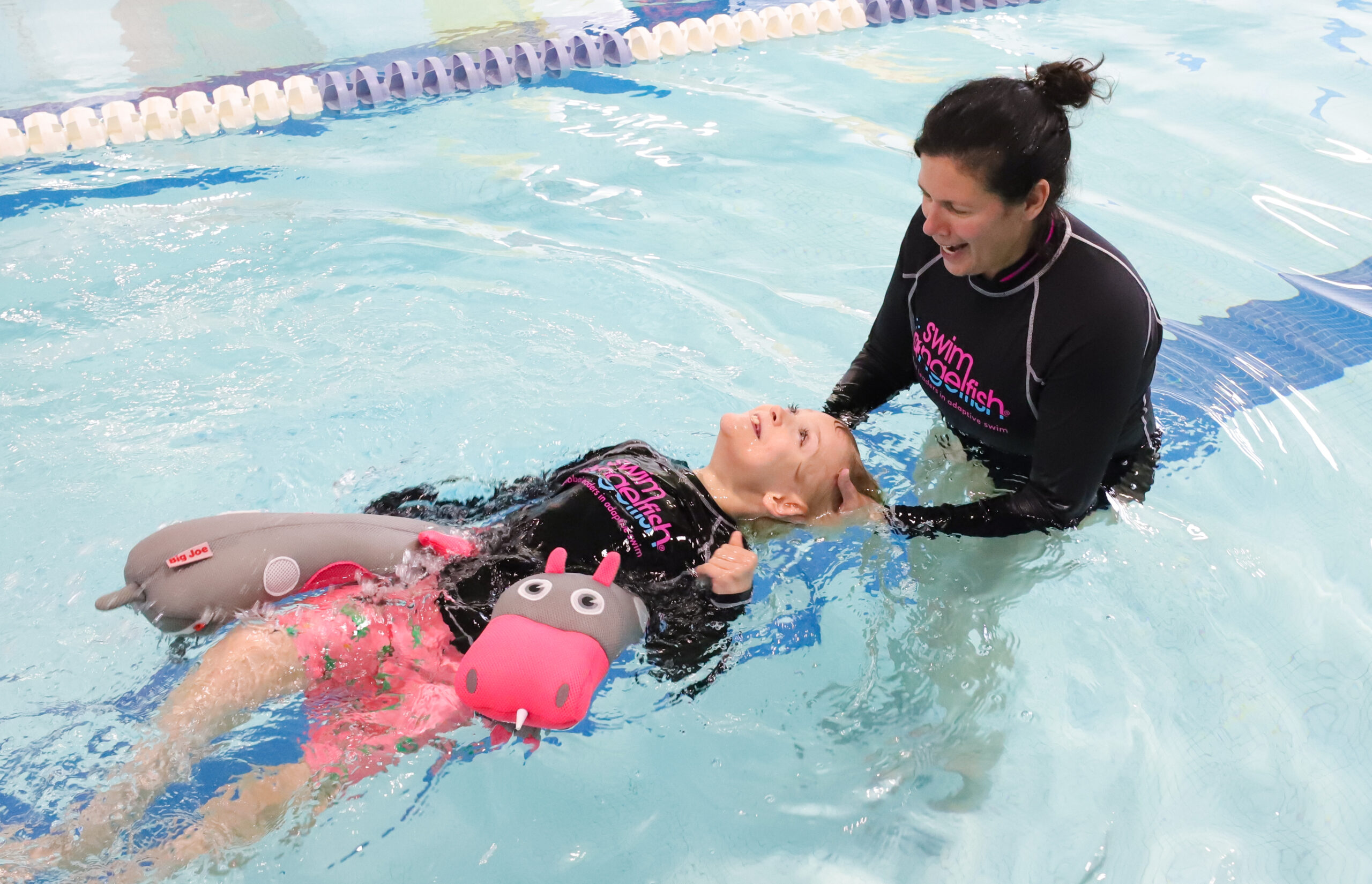
Let’s take a quick look at the incredible benefits of aquatic therapy. These include the ability to:
Aquatic Therapy Bridges the Gap for Social and Community Activities
Aquatic Therapy can improve water experiences so that families begin to feel more confident and comfortable during recreational and leisure outings. This allows more opportunities for social development and water safety.
Each aquatic therapy session provides water-safety guidance and helps to develop routines and rituals for families to follow. This supports them so that their child can learn how to be safe in, near and around lakes, pools and oceans. Parent education on how to enter, exit and maintain a safe water experience will improve the social experience options for their special needs children.
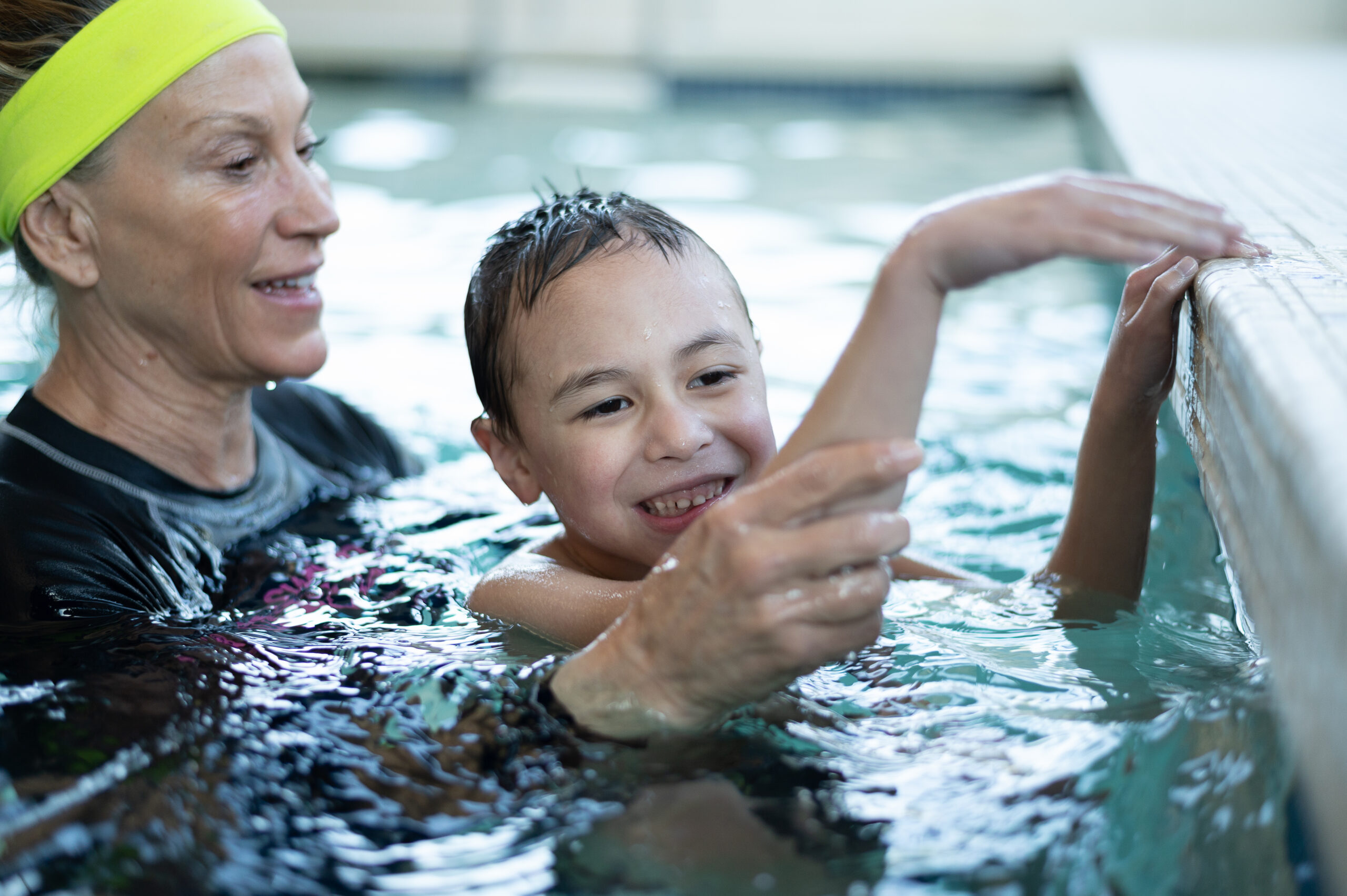
Almost anyone can benefit from aquatic therapy, regardless of age or physical limitation. We specialize in aquatic therapy for children with a variety of special needs and have seen first-hand how amazing and enjoyable this water treatment can be.
Aquatic Therapy can be helpful for children with conditions such as:
- Autism Spectrum Disorder (ASD)
- ADHD
- Angelmans Syndrome
- Anxiety
- Auditory Processing Disorder
- Balance Disorders
- Brain Injury
- Cerebral Palsy (CP)
- Chromosomal Abnormalities
- Down Syndrome (DS)
- Fragile X Syndrome
- Muscular Dystrophy
- Motor incoordination
- Multiple Sclerosis (MS)
- Rett Syndrome
- Scoliosis
- Sensory Processing Disorder (SPD)
- Speech Delay
- Spinal Cord Injury (SCI)
- Spinal Muscle Atrophy
- Stroke
- Williams Syndrome
Traditional aquatic therapy for adults combines the therapeutic properties of the water with traditional therapy techniques to achieve controlled movements with less pressure on weight-bearing joints.
For specialized pediatric aquatic therapy with special needs clients, we use the properties of the water to improve body awareness, address gravitational insecurity and offer innovative movement progressions to improve attention and motor coordination. With specialized training in pediatrics, you will reach goals faster in a fun and motivating environment.
Therapeutic Properties of the Water
Aquatic Therapy is effective because it uses the buoyancy, viscosity, surface tension and the hydrostatic pressure of the water, which provides multiple options for sensory input to progress towards therapy goals.
The therapist can use these magical properties to make movement easier or to increase resistance and make it harder, within seconds. Strength, coordination, and motor planning are common challenges that our therapy clients face. By using these properties, we can make our therapy sessions fun and engaging. The water provides access to movements that give input to the body that is unavailable on land. For example, the deep pressure you can get from going underwater gives a large amount of hydrostatic pressure to your entire body. This releases the neurochemical, dopamine, which washes away adrenaline. This helps the child to become more regulated.
Whether you are working on self-regulation, motor planning or trying to achieve a developmental milestone there are multiple ways to progress towards your therapy goals, within an aquatic therapy session.
